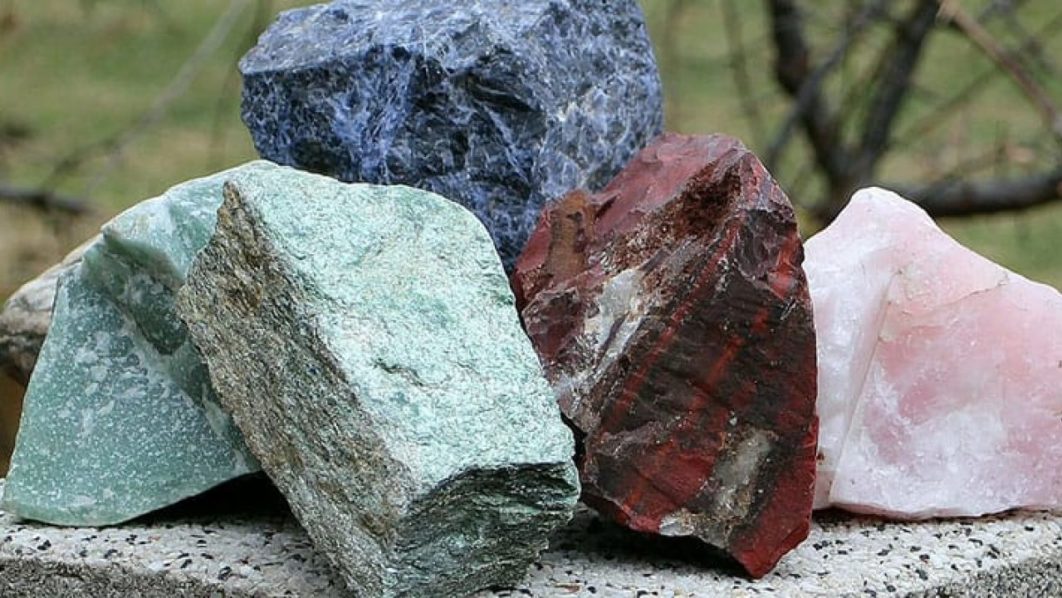Natural Resource Governance Institute has identified corruption as a fundamental barrier to achieving a just energy transition. It said in a 53 cases in 30 countries “bribery in mineral licensing to policy manipulation, distorts markets, delays supply chains, harms communities, worsens environmental risks and ensures only elites benefit from the transition. The recent U.S. pause in enforcing its foreign bribery law was justified by the push to “gain strategic business advantages … in critical minerals”. We now find ourselves at a grave juncture for global anticorruption efforts. Without continued commitments by mining firms, and vigilance by media, civil society and other anticorruption actors, the fight for stronger governance in mining could stall”.
It further said “this month, we’re highlighting NRGI’s resources and tools that identify corruption in the licensing of transition minerals, explore how corruption worsens socio-environmental harms, and assess whether certification schemes effectively address anticorruption measures. Corruption in the licensing and contracting of transition minerals projects is undermining a just energy transition. Some government officials and mining company executives are already using corruption around licenses and contracts to deny citizens and communities a fair share of the benefits of mining transition minerals. Through corruption that starts in the licensing and contracting phase, companies are neglecting and harming vulnerable populations and ecosystems with impunity. And corruption is delaying mineral production, sometimes for years.
“Corruption in transition mineral supply chains is a global problem, with our study identifying 53 cases of corruption in 30 countries across five continents, involving a diverse range of minerals. Corruption cases have been documented in 8 out of the 10 countries with the highest levels of transition mineral reserves. The companies involved in these cases are often based in the world’s wealthiest or most powerful countries, including Australia, Canada, China, Russia, Switzerland, the U.K. and the U.S. Most of the corruption cases identified followed a familiar pattern, with red flags surrounding the types of company granted licenses or contracts, the ways in which companies have sought to unduly influence decisions and decision-makers—often with implications for democratic processes, and how officials have circumvented proper processes.
“Efforts to skip or shorten essential safeguards around licensing and contracting processes can lead to greater problems in the future, as production is slowed or stopped entirely by legal proceedings, shutdowns, protests and strikes. As the world moves away from fossil fuels, there is a growing demand for renewable energy technologies—and the minerals and metals needed to build them. To reach net zero globally by 2050, the International Energy Agency estimates that the world will require six times more mineral inputs in 2040 than in 2021. For some minerals, the demand could even reach 30 times current levels. Demand remained strong in 2023, despite more volatility in prices. While the development of new technologies or policies to reduce consumption and increase circularity could have a crucial mitigating impact on this demand, the coming decades will no doubt see many new mines come online. As demand for these essential materials booms, there is risk of a corresponding increase in corruption, with harmful impacts on communities and nature, the state budgets of mining countries, and humanity’s collective ability to realise a just energy transition. In past commodity booms, fast-paced dealmaking and the promise of windfall profits encouraged graft and self-dealing.
“At the same time, the scale and pace of activity hampered the ability of oversight actors to keep pace with developments in the sector, making it harder to spot corrupt behavior. These problems could easily repeat themselves in transition mineral projects, not least given the added pressure of tackling the climate crisis. Other characteristics of the current mineral boom could further increase corruption risks. First, NRGI’s research finds that many players in today’s transition mineral supply chains are assuming new roles in different stages of the supply chain and negotiating unprecedented deals, such as in cobalt supply chains.
“As offtakers and consumer product companies manage unfamiliar risks and dominate multiple stages of the supply chain, their anticorruption processes may be poorly equipped, perhaps even intentionally, to address the challenges posed in the extraction and processing of transition minerals. Second, reserves of key transition minerals are concentrated in countries that have struggled to control corruption. Transparency International Australia identified that as much as 94 percent of rare earth reserves and 70 percent of cobalt reserves are found in countries that score poorly on Transparency International’s Corruption Perceptions Index. Some minerals, such as rare earth elements, are found in countries with contested governments or ongoing violent conflict. Corruption in mineral supply chains threatens a just energy transition both by increasing the risk of harms associated with mining, and delaying and disrupting the supply of minerals needed to deliver the necessary scale-up in renewable technologies required to fight climate change. Taking steps now to identify, prevent and redress corruption can help avoid the mistakes and harmful outcomes of the past, as well as new harms, lost opportunities and the reproduction of inequities”.

